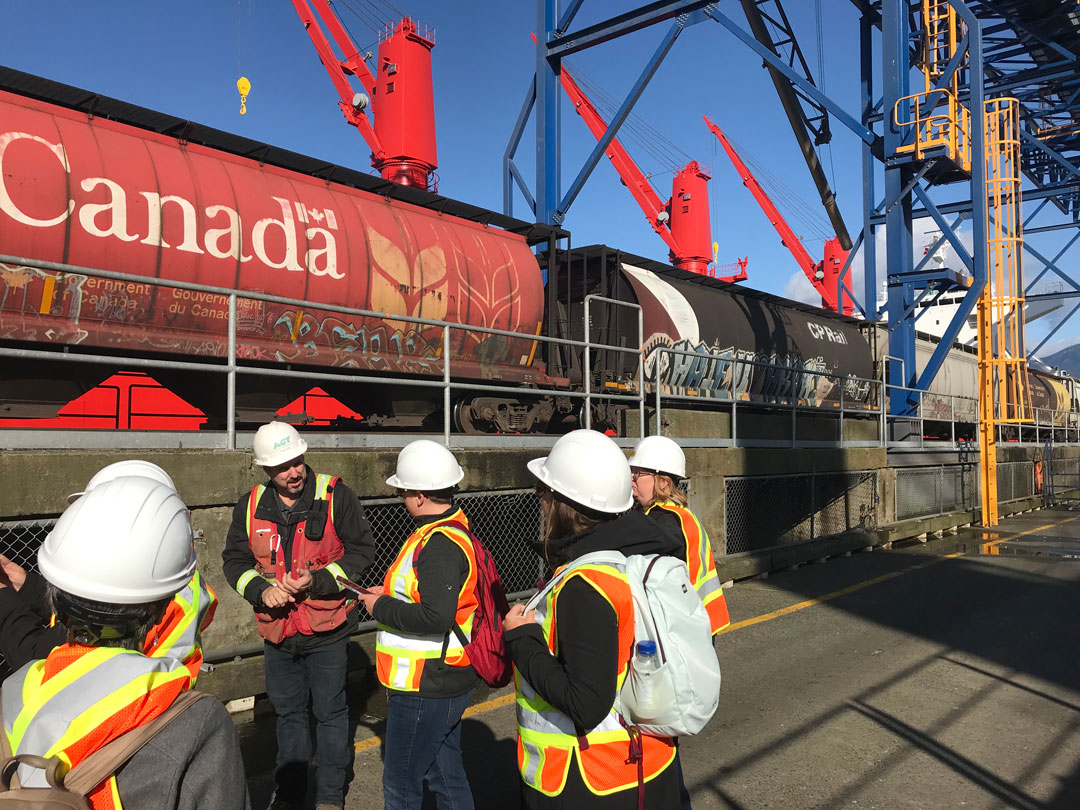DOLLARS AND SENSE
BY TREVOR BACQUE
Farmers across Canada are encouraged to hit the books and go back to school this off-season with MNP and Farm Management Canada. The two organizations have teamed up to help farmers increase their financial literacy by offering free online courses designed to explain important concepts specific to agriculture.
A major catalyst for the sessions dubbed Farm Financial Fluency are the findings in a recent FMC survey in which it was revealed many respondents did not utilize a written business plan and have difficulties understanding certain financial principles.
With lagging results on important matters, the two groups decided the time was right to offer these free courses to create better farm managers and ultimately more financially viable operations.
Stuart Person, MNP senior vice-president of agriculture, is very much looking forward to the sessions, which will all have a CPA present to answer any questions farmers may have. Person believes that the majority of on-farm issues come down to truly knowing finance.
The two training modules are comprised of three, two-hour sessions with time between to allow for reflection and practice. From financial reporting, to accrual accounting and cash flow analysis, each module ends with an in-depth case study to put concepts and training into practice. Sessions one through five will focus on specific areas of agriculture, including grain, beef cattle, swine, dairy and horticulture while the sixth is intended to be conducted in French and focus on dairy given the industry’s significance in Quebec.
“Even if you are not a big farm you have to be astute, you have to know your numbers or you can run into trouble quick,” he said. “If you mess up, it adds up in a hurry.”
Person said farmers typically never know how they truly perform in a given year because they are not required to submit an accrual financial report. Rather, they simply add up cash receipts, expenses and turn the results in to the Canada Revenue Agency. The problem is that such a methodology does not account for selling some of last year’s crop, the current year’s expenses, next year’s expenses and more, according to Person.
“There’s a mismatch, you don’t know how you truly did,” he said. “What we are hoping to do is help farmers understand that accrual accounting is critical.”
The offerings will be administered until March 2022. Farmers can even book follow-up appointments with MNP to go further into a given topic. The sessions will build participants’ bedrock understanding of balance sheets, financial statements, cash flow, overall budgeting and financial planning. Information will be provided on how farmers may better organize their operation to easily analyze and interpret financial information. The goal is that with this knowledge farmers can plan for hypothetical scenarios to better insulate themselves from risk and even find financial opportunities they weren’t aware of. Ultimately, the courses should contribute to improved overall business relations with lenders, accountants and financial advisors.
Programs commonly available to farmers, such as AgriStability, are misunderstood, said Person, and he believes these free courses will clear the air on many misconceptions.
Heather Watson, FMC executive director, looks forward to providing farmers with another free tool to help achieve greater financial literacy and, overall, profitability. “Increasing farm financial literacy is the key to unlocking important information about the farm’s risk and potential,” she said. “Now would be the perfect time for farmers to reflect on the past few months; where have they triumphed and where could they have done better? What measures can they put in place to help manage future risk and seize opportunity?
“Planning ahead does not mean predicting the future, it means preparing for whatever might happen in the future.”
For more information or to sign up, visit mnp.ca or fmc-gac.com.








Comments